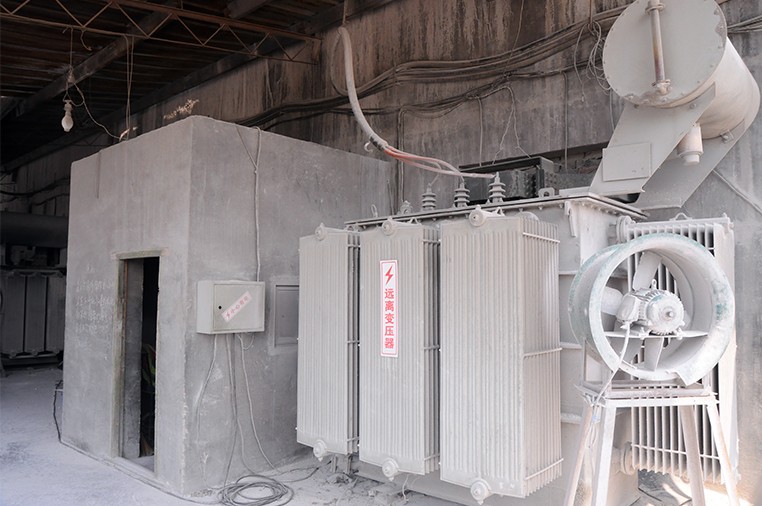Magnesia is calcined from magnesite, brucite or magnesium hydroxide extracted from seawater at high temperature. It is the general name of the products that magnesite and other magnesia materials reach the sintering process after high temperature treatment. The magnesia produced by calcining with natural magnesite as the material is called sintered magnesia by using the one-step or two-step calcination process of high-temperature equipment such as shaft kiln and rotary kiln; The magnesite and other materials are melted in the electric arc furnace and cooled to the molten state. The magnesite is called seawater magnesite, which is made by extracting magnesium oxide from seawater.
Magnesia is one of the refractory materials, which is used to manufacture various magnesia bricks, magnesia-alumina bricks, ramming materials, furnace repair materials, etc., and contains many impurities, which is used to pave the steel furnace bottom, etc. High-purity magnesia is produced by flotation purification of natural magnesite ore and calcination in light burning, fine grinding, ball temperature oil shaft kiln. It is an indefinite refractory material for brick making.

The properties of magnesia can be divided into chemical properties and physical properties. The chemical properties of magnesia mainly refer to that magnesia is mainly composed of periclase MgO, periclase is one of the common minerals in cement clinker, and periclase can coexist with the four main minerals C3S, C2S, C3A and C4AF in cement clinker. Therefore, periclase has good corrosion resistance for cement clinker.
The physical properties of magnesia refractories in cement rotary kiln often show the following phenomena:
The high melting point of periclase makes many magnesite refractories have good high temperature resistance;
The thermal conductivity of periclase is very good. When the refractory with high MgO is used and the kiln shell can not be hung, the surface temperature of the kiln body will rise. At this time, not only the heat loss will be great, but also the cylinder will be simply burned
The high thermal expansion coefficient of periclase results in the lack of thermal shock resistance of magnesia refractories, which often fall off during application.